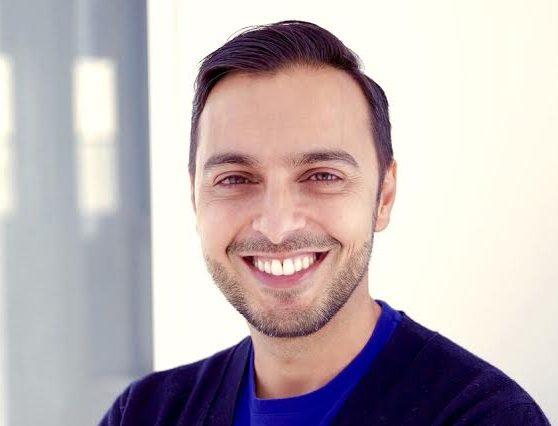Are you having trouble staying away from others during COVID-19 lockdown?

According to a biological anthropologist at the University of Winnipeg, wanting to be social is actually hardwired into humans’ DNA after millions of years of evolution.
Mirjana Roksandic, who studies human evolution, told 680 CJOB long periods of isolation actually go against human nature — and that our social interdependence can be traced back to primate ancestors.
“We are not just social animals, but we are extreme cooperators,” said Roksandic.
“With the exception of orangutans, primates always live in groups, and they always navigate complex groups, because there are lots of social interactions and positioning and signaling and all sorts of things that happen in a primate group.
“Humans are just an extreme primate in that sense.”
Roksandic said successfully navigating social contacts has a positive correlation with brain size, and that human beings developed larger brains in response to complex social networks.

Get weekly health news
Successful cooperation, she said, was essential for our hunter-gatherer ancestors when taking down large prey.
“As a single human, you cannot actually go out and kill an elephant or a mammal. But as a group of humans, you’re actually quite capable of figuring out who goes first, who goes next, who’s most likely to succeed.
“You also know how to support your fellow creature when they are in the position of danger.”
Hunting elephants, however, is a very different situation than living through a pandemic in 2021.

While it’s clear that people need social interaction, how do you know if the isolation is getting to you?
Winnipeg clinical psychologist Rehman Abdulrehman said you can get an indication if you have a lack of drive or a general feeling of disinterest.
“It can also happen that we find ourselves eating more, that our sleep is disrupted — we’re sleeping a lot more or a lot less,” said Abdulrehman.
“We might become increasingly agitated. Sometimes the difficulty is physical and we have more pains and aches — and people don’t think about that as tied to mental health, but it is.”
According to Abdulrehman, one solution is to engage with others as much as possible — now matter how frivolous sending a text or making a phone call might seem.
“It’s not an empty calorie. Just please, by all means, engage with other people as much as possible and that can do a lot,” he said.
“Talk about the fact that you feel lonely and tired because you know the likelihood is the rest of the people you know are probably feeling that way too.
“If we don’t talk about it, it creates a false sense of shame and that makes it harder for us to address the problem.”











Comments